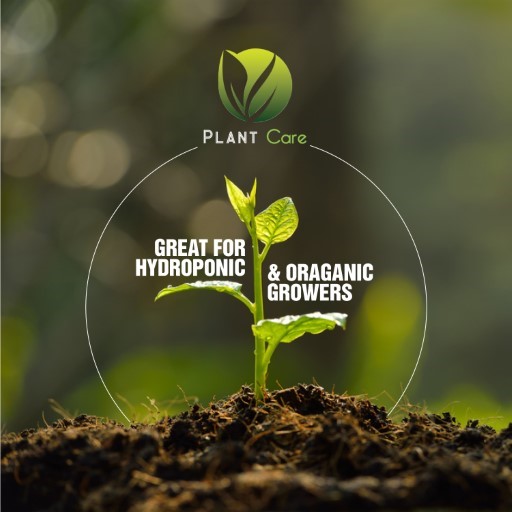Cocopeat bricks, also known as coconut coir bricks, are compressed blocks made from the fibrous husks of coconuts. When hydrated, they expand and break apart into a lightweight, fluffy material that serves various purposes in gardening, agriculture, and horticulture. Here's a description of its uses:
-
Soil Amendment: Cocopeat is used to improve soil structure by enhancing its water retention capacity, aeration, and drainage. It helps to loosen heavy soils and increases the moisture-holding capacity of sandy soils.
-
Potting Mix Component: It's commonly mixed with other substrates like perlite, vermiculite, or compost to create well-balanced potting mixes for container plants. This blend provides a suitable medium for root growth and nutrient uptake.
-
Seed Starting Medium: Cocopeat provides a sterile and uniform medium for germinating seeds. It retains moisture well, keeping seeds consistently hydrated during the germination process.
-
Mulching: It acts as a protective mulch layer when spread over the soil surface. Cocopeat helps to suppress weed growth, regulate soil temperature, and reduce water evaporation from the soil, thus conserving moisture.
-
Hydroponic Growing Medium: Cocopeat is utilized in hydroponic systems as a substrate for growing plants without soil. Its high water retention capacity ensures that plant roots have access to water and nutrients in the absence of soil.
-
Soilless Potting Medium: It serves as an alternative to traditional soil in soilless potting mixes. This is particularly useful for plants that require good drainage and aeration, such as succulents and orchids.
-
Animal Bedding: Cocopeat can be used as bedding material for animals like reptiles, amphibians, and small mammals. It provides a comfortable and moisture-absorbent substrate for them to live on.
-
Erosion Control: In landscaping and erosion control applications, cocopeat can be used to stabilize soil on slopes and prevent erosion. Its fibrous structure helps bind soil particles together, reducing the risk of soil erosion due to wind or water.
-
Composting: Cocopeat can be added to compost piles to improve moisture retention and create aeration within the compost. It helps accelerate the decomposition process and produces nutrient-rich compost for plants.
-
Environmental Benefits: Cocopeat is a sustainable and renewable resource, making it an environmentally friendly choice for various applications. It is biodegradable and does not contribute to environmental pollution.

.jpg)
.jpg)
.jpg)



